- Select a language for the TTS:
- UK English Female
- UK English Male
- US English Female
- US English Male
- Australian Female
- Australian Male
- Language selected: (auto detect) - EN
Play all audios:
In India, the price of petrol is determined by the cost of crude oil in the international market, the exchange rate of the Indian rupee against the US dollar, and the taxes and duties
imposed by the government. The price of petrol is reviewed on a daily basis by state-owned oil marketing companies, such as Indian Oil, Bharat Petroleum, and Hindustan Petroleum, and is
adjusted according to changes in the above factors. There are several factors that can affect the price of petrol, including: COST OF CRUDE OIL: The main factor that determines the price of
petrol is the cost of crude oil, as petrol is produced by refining crude oil. When the price of crude oil increases, the cost of producing petrol also increases, which can result in an
increase in the price of petrol. EXCHANGE RATE: The price of petrol can also be affected by the exchange rate of the local currency against the US dollar, as the cost of crude oil is
denominated in US dollars. When the exchange rate of the local currency weakens against the US dollar, the cost of importing crude oil increases, which can result in an increase in the price
of petrol. TAXES AND DUTIES: Governments may impose various taxes and duties on petrol, which can have a significant impact on the retail price of petrol. The taxes and duties may vary from
country to country and can be based on a variety of factors, such as the price of petrol, the volume of petrol consumed, and environmental considerations. REFINING AND DISTRIBUTION COSTS:
The cost of refining and distributing petrol also affects the price of petrol. These costs may vary depending on the efficiency of the refining process and the distance between the refinery
and the markets where the petrol is sold. MARKET DEMAND: The demand for petrol can also affect its price. When the demand for petrol is high, the price may increase due to the increased
competition for limited supplies. On the other hand, when the demand for petrol is low, the price may decrease. POLITICAL AND ECONOMIC INSTABILITY: Political and economic instability in
countries that are major producers of crude oil or major transit routes for crude oil can also affect the price of petrol. For example, conflicts or unrest in countries such as Iraq,
Venezuela, or Russia can disrupt the supply of crude oil and lead to an increase in the price of petrol.





